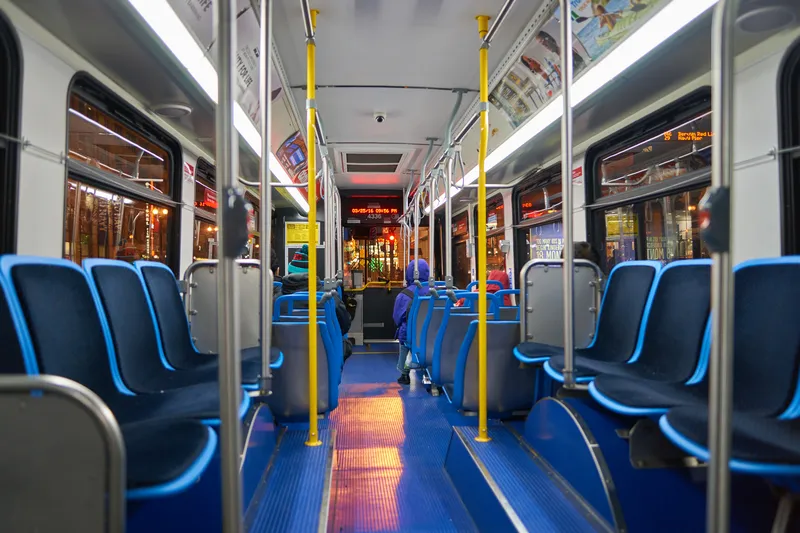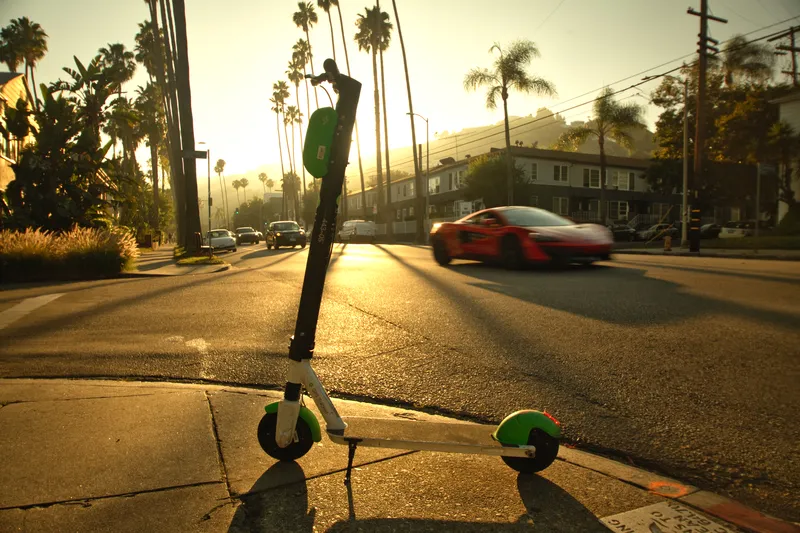
Cubic Transportation Systems (CTS) has launched Umo, a suite of platforms for riders, transit agencies and mobility service providers to complement transportation technology.
CTS says Umo enables riders to pay fares and plan trips across public and private modes, earn rewards for riding public transit and access real-time information.
Umo integrates a region's buses, trains, trams, ferries, ride-share scooters and bikes in one place.
The platform is expected to benefit agencies of all sizes, including small bus operators to larger towns and cities.
According to CTS, mega-cities will benefit with Umo's suite of platforms complementing their existing fare collection systems with options such as multi-modal journey planning, next generation mobile applications and a Mobility as a Service (MaaS) platform.
Umo general manager Mike Spiers says: “Our platform is accessible to all types of travellers and provides the tools people need to travel without congestion, without delays and ultimately, without stress.”
“Umo is a single multi-agency platform,” Spiers continues. “All customers connect and consume the service in a subscription-based model, much the same as you connect to services such as Spotify, Netflix or Office 365.”
Umo comprises six travel solutions, which CTS insists become even more productive when combined with other offerings in the Umo platform.
Riders can access the products through the Umo mobile app or contactless bank or metro card.
The platform includes the Umo app for multimodal trip planning and fare payment and the Umo Pass account-based fare collection solution for transit agencies.
Umo Pay allows transit agencies to accept contactless scheme cards as payment on buses and at railway gates while the Umo Rewards loyalty programme incentivises riders to engage with public transit by rewarding travel behaviour that is safe and reduces congestion.
Transit agencies can also use Umo IQ to manage their vehicle fleet and deliver real-time travel information to riders' phones while the Umo MaaS provides connected journey options that are tailored to the preference of the traveller.
The Umo app and Umo Pass will be available in 15 areas across the US in the coming weeks. Several areas, including Shreveport (Louisiana), Skagit County (Washington) and Victor Valley (California) have gone live this week.
In spring, contactless readers will be installed on buses and in subway entrances in 16 additional areas, including Raleigh-Durham (North Carolina) and Ventura County (California).
The next product launch will be Umo IQ, integrated within the Umo App across 100 cities around the world and Umo Rewards – which will be made available first to existing Umo Pass and IQ customers.









